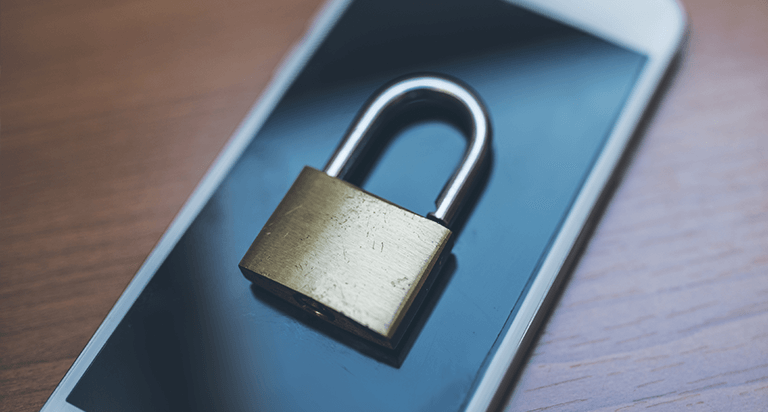How Can I Help Protect Myself from Identity Theft?

Reading time: 2 minutes
Highlights:
- Be careful what you share on social networks
- Don’t give out personal information through the mail, by phone or online unless you have initiated the contact
- Check your credit reports regularly to help detect suspicious activity
Unfortunately, no consumer can completely protect themselves from the sophisticated tactics identity thieves use to get their hands on sensitive personal and financial information. That’s why information that helps raise awareness about IDtheft is important because being a victim of identity theft can be financially and emotionally devastating.
Here are some steps you should consider taking to help in your fight to protect yourself from ID theft:
Don’t over share. Tech-savvy thieves can quickly gather what you share on social networks (your home or email address; children’s names; birth date and so on) to use for identity theft, including scams, phishing, and account theft.
Fight ‘phishing’ – don’t take the bait. Never give out personal information over the phone, through the mail, or over the Internet unless you have initiated the contact. Phishing is a common way bad actors will try to obtain your data for ID theft.
Check your credit report and report problems immediately. You should review your credit report at least once per year. Consider signing up for ongoing monitoring of your credit file for potentially fraudulent activity. Take steps to detect identity theft early, which helps minimize its impact.
Use strong passwords online. You’re giving identity thieves a gift by using an easy password because they open the doors to your personal information. Make passwords more complicated by combining letters, numbers, mixing in special characters and changing them regularly.
Don’t trust public Wi-Fi. Be aware that your mobile device is vulnerable to viruses and hackers. Only download applications from trusted sources at home on a secure network.
Review your transactions. Check your credit card bills carefully for any unauthorized charges or withdrawals and report them immediately as these can be a sign of ID theft. Call if bills don’t arrive on time. It may mean that someone has changed contact information to hide fraudulent charges.
Safeguard personal information in your home, especially if you are having service work done there, employ outside help, or have a roommate.
Protect your mail. Bring in your mail daily. Forward or re-route your mail if you move, change your mailing address or are planning to be away.
Shred all documents you are discarding, including pre-approved credit applications received in your name, insurance forms, bank cheques and statements, and other financial information. An identity thief can easily pick through your garbage or recycling.
By taking these steps you are proactively working to help protect yourself from identity theft, which is becoming more and more crucial as we increasingly live our our lives online. Through guarding your information and vigilantly monitoring your credit, you are better able to protect yourself and your loved ones from ID theft.
With Equifax CompleteTM Premier, we monitor your credit report and score to help you spot signs of fraud. And if your identity is stolen, we'll help you recover.



